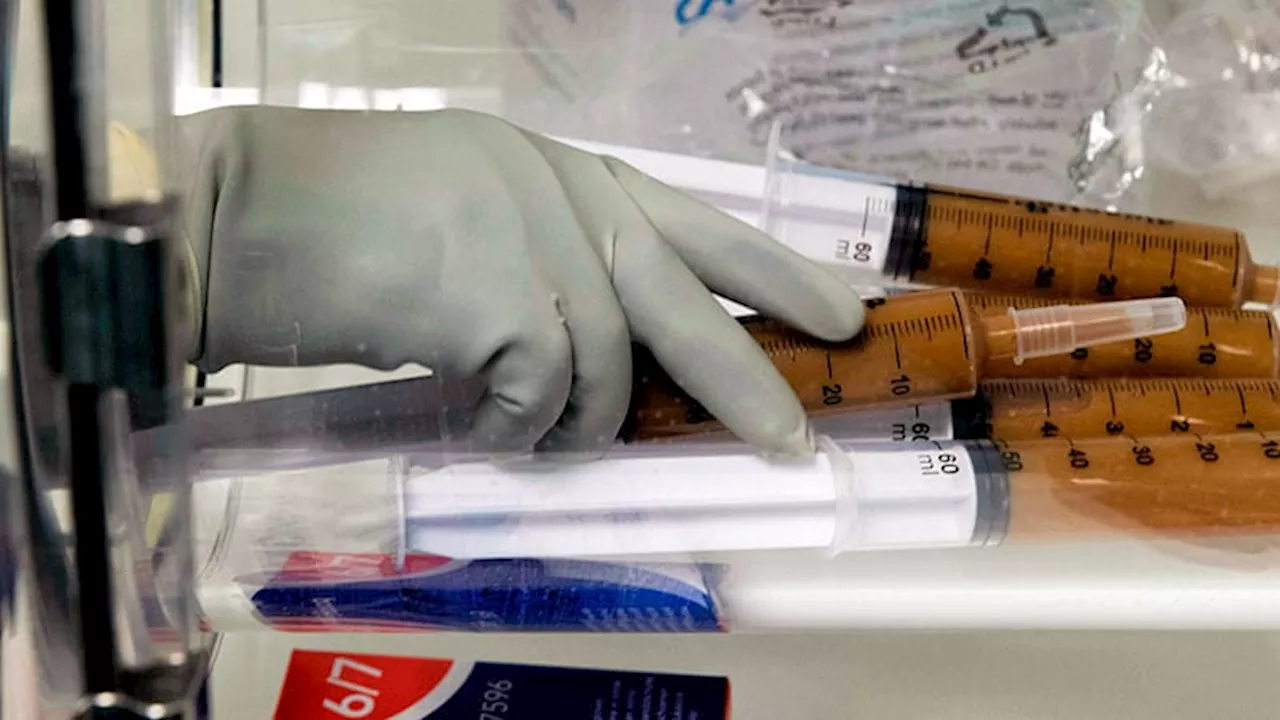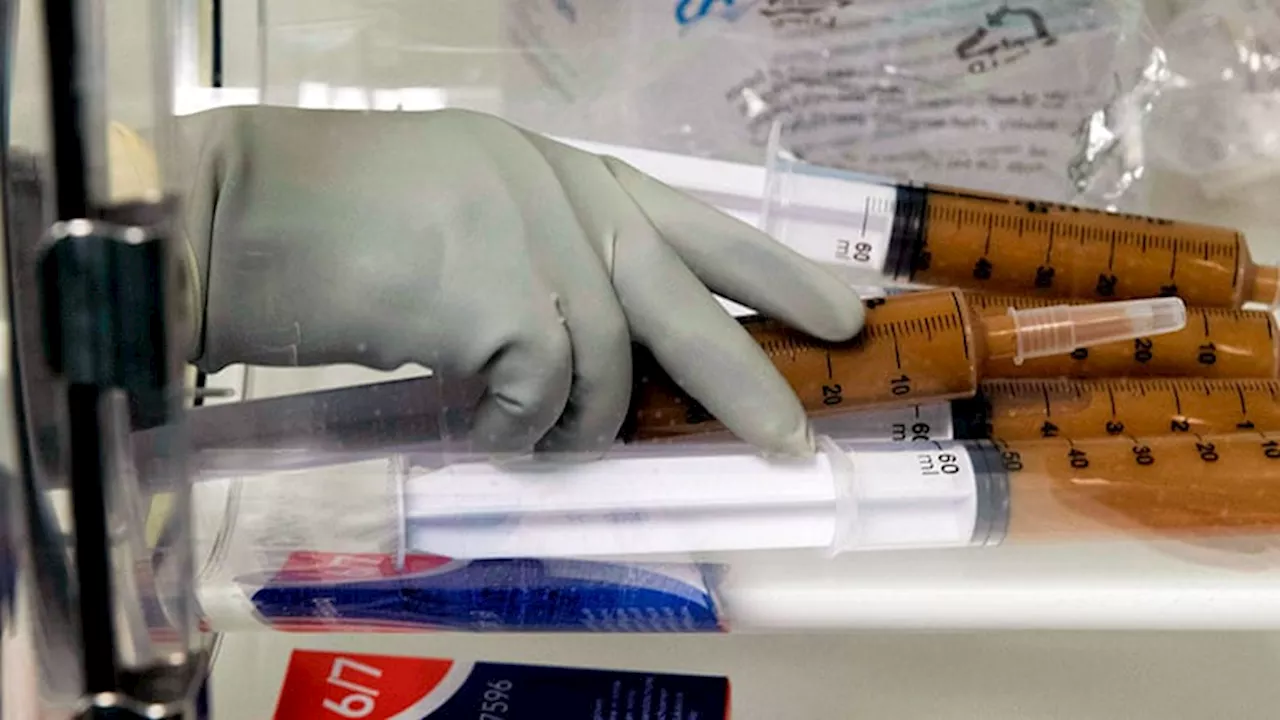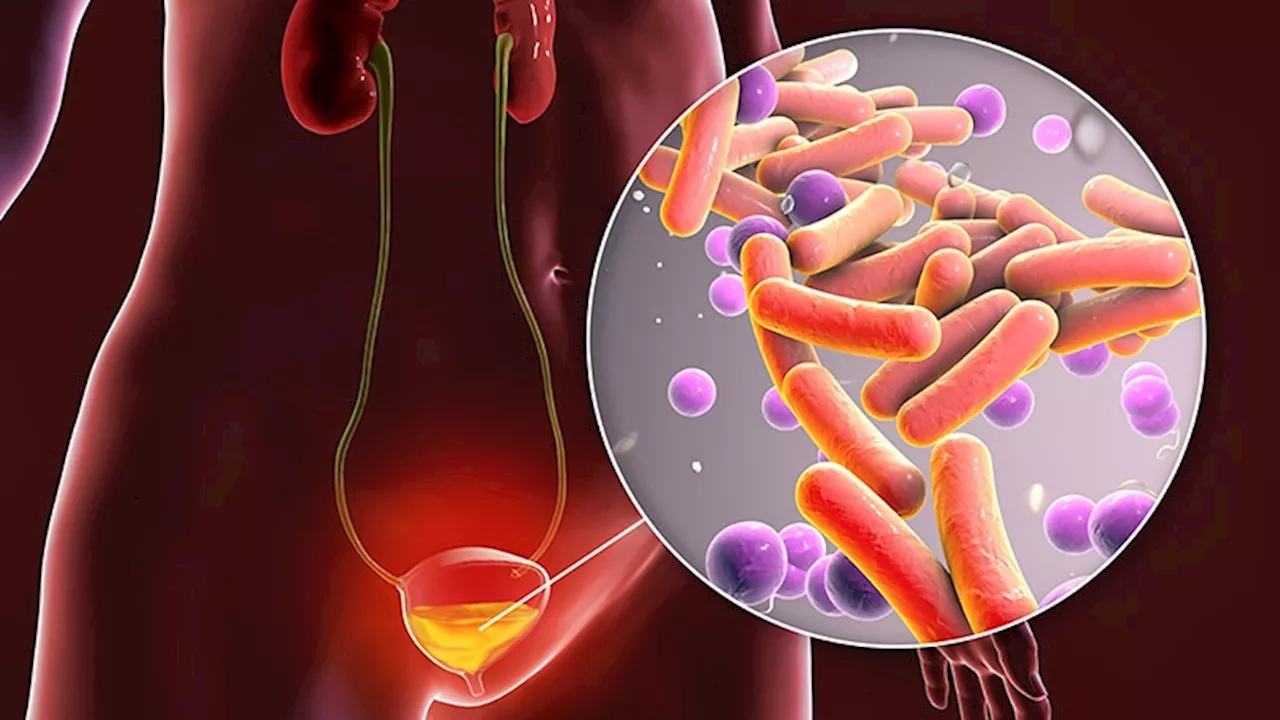The global rise in antibiotic resistance has complicated the therapeutic choices for urinary tract infections.
Urinary tract infections are common, predominantly in women. They often lead patients to consult a general practitioner , who typically prescribes an antibiotic treatment. Over the course of their lifetimes, about half of all healthy women will experience at least one UTI, and 25%-35% of them will have a recurrence within the following year. Recurrent UTIs generally occur within 3 months of the initial infection, even after complete symptom resolution with first-line antimicrobial therapy.
Antibiotic treatment remains the predominant approach for recurrent UTIs. These infections account for 25%-40% of antibiotics consumed in primary care and represent a significant driver of antibiotic resistance. The global rise in antibiotic resistance, particularly of, has complicated therapeutic choices for UTIs, and the lack of effective oral antibiotics can lead to a growing need forto antibiotic prophylaxis in women with recurrent UTIs.
Of the 294 women in the D-mannose group and 289 in the placebo group, 150 and 161 , respectively, had a further clinically suspected UTI episode . The proportion was similar even in subgroup analyses comparing women with a history of more or less frequent UTIs and premenopausal vs postmenopausal women.
The controlled design of the study provided results consistent with those of the Cochrane review, where evidence supporting or refuting the use of D-mannose to prevent UTIs in the general population was scarce., which is part of the Medscape professional network, using several editorial tools, including AI, as part of the process. Human editors reviewed this content before publication.All material on this website is protected by copyright, Copyright © 1994-2024 by WebMD LLC.
UTI - Urinary Tract Infection UTI Antibiotic Overuse Antibiotics Prophylaxis Antibiotic Resistance Resistance To Antibiotics Primary Care Recurrent Urinary Tract Infection Recurrent Uti Adherence Adherence To Medication Issues For Patients Compliance Drug Compliance Treatment Adherence Microbicides Antimicrobials Outpatient Care Ambulatory Care
United States Latest News, United States Headlines
Similar News:You can also read news stories similar to this one that we have collected from other news sources.
 No Benefit to Combo Tx to Prevent Recurrent C diff in IBDGiven the high efficacy of fecal microbiota transplantation, adding bezlotoxumab may not provide further reduction in recurrence.
No Benefit to Combo Tx to Prevent Recurrent C diff in IBDGiven the high efficacy of fecal microbiota transplantation, adding bezlotoxumab may not provide further reduction in recurrence.
Read more »
 No Clear Benefit to Combination Treatment to Prevent Recurrent C difficile in IBDGiven the high efficacy of fecal microbiota transplantation, adding bezlotoxumab may not provide further reduction in recurrence.
No Clear Benefit to Combination Treatment to Prevent Recurrent C difficile in IBDGiven the high efficacy of fecal microbiota transplantation, adding bezlotoxumab may not provide further reduction in recurrence.
Read more »
 D-Mannose as UTI Treatment Offers No BenefitThe dietary supplement D-mannose performed similarly to a placebo among women with recurrent urinary tract infections.
D-Mannose as UTI Treatment Offers No BenefitThe dietary supplement D-mannose performed similarly to a placebo among women with recurrent urinary tract infections.
Read more »
 D-Mannose Does Not Reduce Recurring Urinary Tract Infections, Study FindsA new study has found that D-Mannose, a natural sugar used to treat recurring urinary tract infections (rUTIs), does not reduce future episodes, outpatient visits, the use of antibiotics, or symptoms compared with a placebo.
D-Mannose Does Not Reduce Recurring Urinary Tract Infections, Study FindsA new study has found that D-Mannose, a natural sugar used to treat recurring urinary tract infections (rUTIs), does not reduce future episodes, outpatient visits, the use of antibiotics, or symptoms compared with a placebo.
Read more »
 A nasal spray could treat recurrent abnormal heart rhythms at homeExperts find real-world evidence of Etripamil effectively and safely treating recurrent episodes of paroxysmal supraventricular tachycardia.
A nasal spray could treat recurrent abnormal heart rhythms at homeExperts find real-world evidence of Etripamil effectively and safely treating recurrent episodes of paroxysmal supraventricular tachycardia.
Read more »
 Scientists Identify Recurrent Lightning Spots on High Structures and Steep SlopesA team of scientists led by electrical engineer Gloria Sola has discovered recurrent lightning spots (RLS) on high structures and steep slopes. The researchers suggest that this finding can help in protecting ourselves and our structures from cloud-to-ground lightning strikes.
Scientists Identify Recurrent Lightning Spots on High Structures and Steep SlopesA team of scientists led by electrical engineer Gloria Sola has discovered recurrent lightning spots (RLS) on high structures and steep slopes. The researchers suggest that this finding can help in protecting ourselves and our structures from cloud-to-ground lightning strikes.
Read more »
